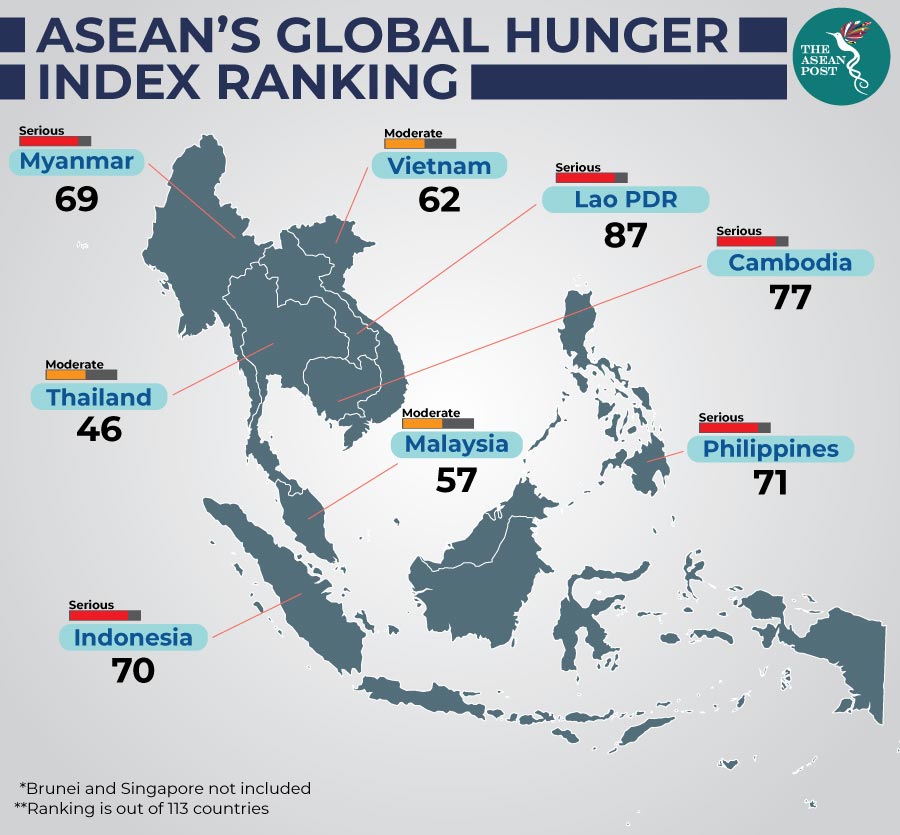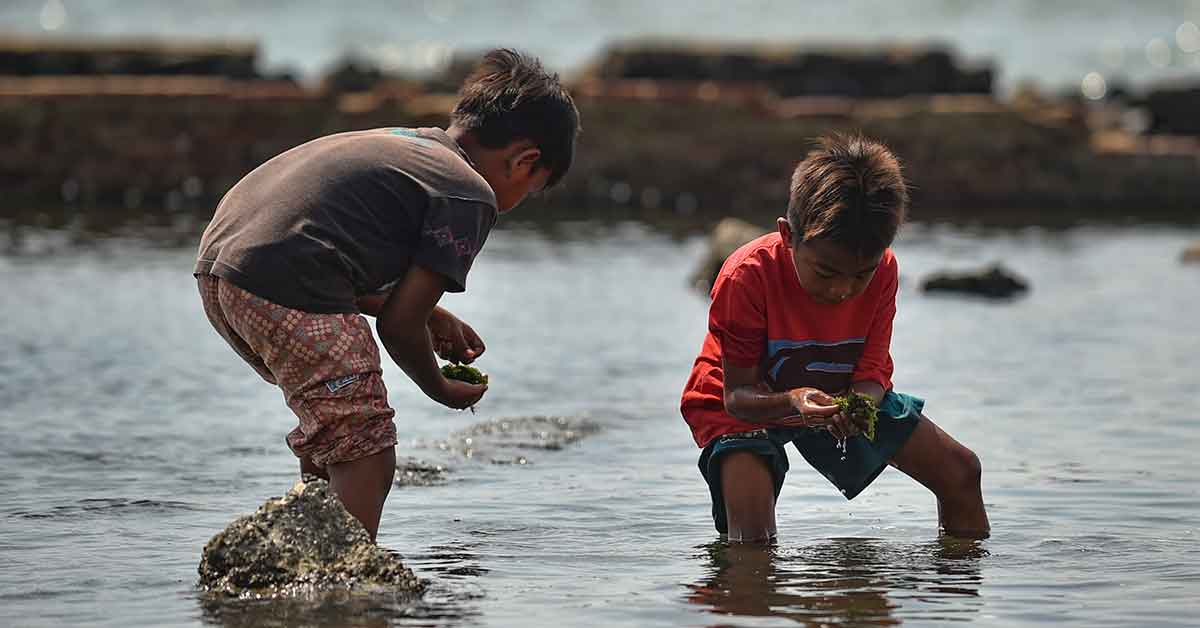Earlier this month, Indonesia celebrated its National Heroes Day. The day, which falls on 10 November, is commemorated to honour all the Indonesian fighters killed and injured in the heroic Battle of Surabaya, East Java, on 10 November 1945. It is celebrated across the archipelago.
During this year’s celebrations, Indonesian President Joko “Jokowi” Widodo said that what Indonesia needs are heroic figures who fight to eradicate poverty, ignorance, and inequality.
“It is our obligation, as successors, to fill in the independence that our heroes had earned," he said after leading the commemorative event at Kalibata National Heroes Memorial Park in Jakarta.
Eradicating poverty, ignorance, and inequality in any country is not a one-man task. It requires the aid of multiple groups including the people, organisations, non-government organisations, civil societies and many more. But in a democratic country like Indonesia, odds are that many voters looked to Jokowi to be that hero who would lift them up from the many negative things bringing the country down.
Unfortunately, while Jokowi may be serving his second (and last term) as president, it seems like there is still a lot more to do especially on the poverty and inequality front.
Recently, The ASEAN Post published an article regarding hunger in Indonesia. In that article, it was mentioned that 22 million people in Indonesia suffered from chronic hunger between 2016 and 2018. This was during Jokowi’s first term as president.
The figure was based on a report by the Asian Development Bank (ADB) and the International Food Policy Research Institute (IFPRI) with support from Indonesia’s National Development Planning Agency (Bappenas) titled “Policies to Support Investment Requirements of Indonesia’s Food and Agriculture During 2020-2045”. It was published last month.

Plan versus price
The report also acknowledged that there was strong growth in Indonesia’s agricultural sector and the country’s overall economy over the past several decades. Despite significant strides in the sector, however, many people across the country are still engaged in traditional agriculture as they are trapped in low-paid activities. This fact, in turn, leads to hunger and increased risk of stunting among children.
“Many (Indonesians) do not get enough food and their children are prone to stunting, keeping them in a vicious cycle for generations. From 2016 to 2018, about 22 million people in Indonesia still endured hunger,” the report said.
In 2015, the Village Fund Program came into effect. The program requires that the central government allocate funding to individual provinces and districts, on top of other inter-governmental transfers. Each village is given autonomy to determine the use of this funding, which is then formally proposed in an expenditure plan. This plan, in a way, should have helped farmers.
Unfortunately, during the same year the plan came into effect, Jokowi also started churning out an ensuing series of price controls on staple foods, fuel and toll roads, among other items. The price-cut policies in retail prices led to more food imports and a cap on the market price of staples such as rice and shallots, making it hard for farmers to sell at a profit.
"The government has chosen populist policies and they led to farmers' not getting full attention," Channel News Asia quoted Josua Pardede, an economist at Jakarta-based Bank Permata, as saying in April this year.
Challenges ahead
Soon after Jokowi was given another term as Indonesia’s president, the challenges presented themselves. One of the most notable today would possibly be the student protests.
Addressing the problem that many of the farmers have – a problem as serious as starvation – is surely another challenge that Jokowi must attempt to address before his term is up.
According to Indonesian law, a candidate can only serve as president of the country for a total of two terms. Jokowi is currently serving his second and last term which will end in a few years’ time. When Jokowi first burst onto the scene, he was seen as a beacon of hope by many Indonesians. What will his legacy be when he leaves office?
Related articles:
